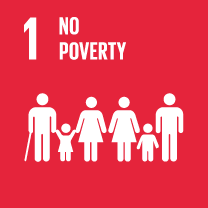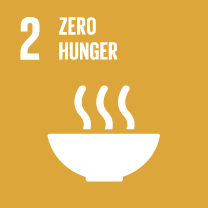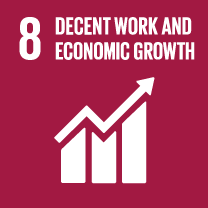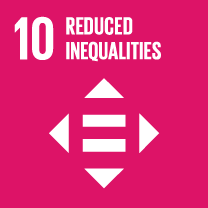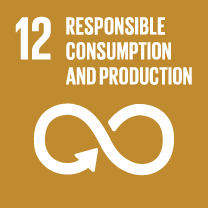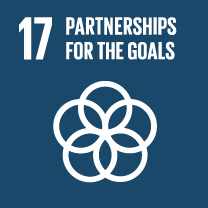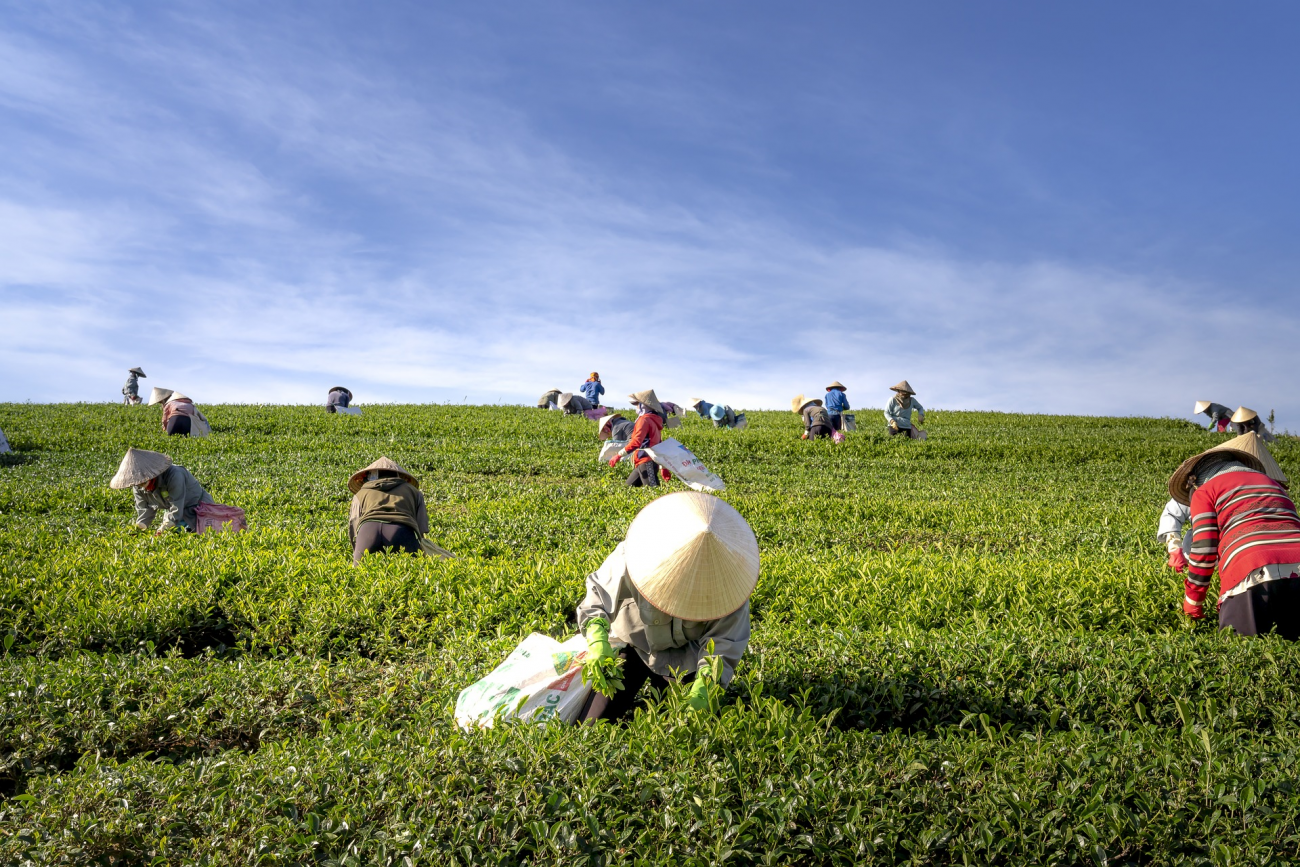
ALDI SOUTH Group signs living wage commitment
By sourcing goods and materials responsibly, the retail industry can play a decisive role in supporting the establishment of a living wage and we are pleased that we can now go one step further. As a participant of the “Working Group on Living Income and Living Wages”, we want to support and promote the establishment of an income and wage standard that meets the cost of living in the global agricultural supply chains.
As an international company with global supply chains, we are aware of our responsibility to our customers, suppliers and the environment. We offer the best possible prices to our customers while ensuring that our goods are produced in a sustainable manner. This includes a living income and living wages for farmers and workers.
A living income and wage are an important part of a sustainable supply chain. They contribute towards the protection of human rights and the fight against poverty and child labour. By joining forces and aligning our approach with others, we aim to increase leverage to maximise our impact and ensure that farmers and workers in global supply chains have a decent standard of living.
“We want to protect human rights and reduce poverty. Starting with the production of raw materials, this applies along the entire global supply chains for the food products of our own brands”, comments Anke Ehlers (Managing Director Corporate Responsibility International of the ALDI SOUTH Group).
The voluntary commitment that we have developed with other representatives of the retail industry plays an important role in this. We are working towards a step-by-step implementation of the living wage in selected supply chains. The agreed areas for action include identifying where the gaps are for the living wage and implementing sustainable procurement practices with buyers and suppliers.
Read the commitment here: Living wage commitment
